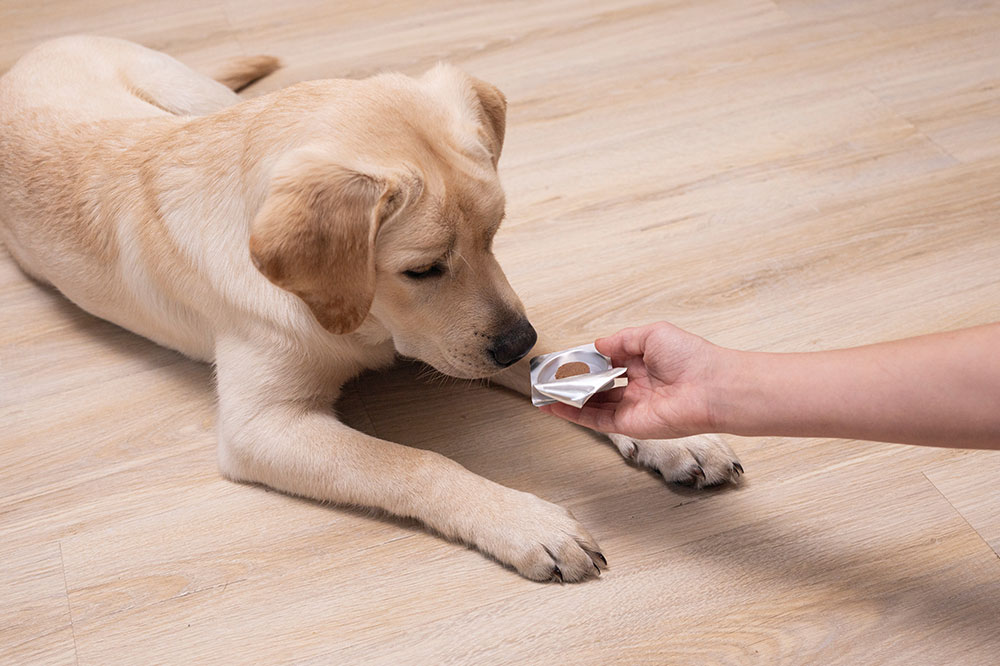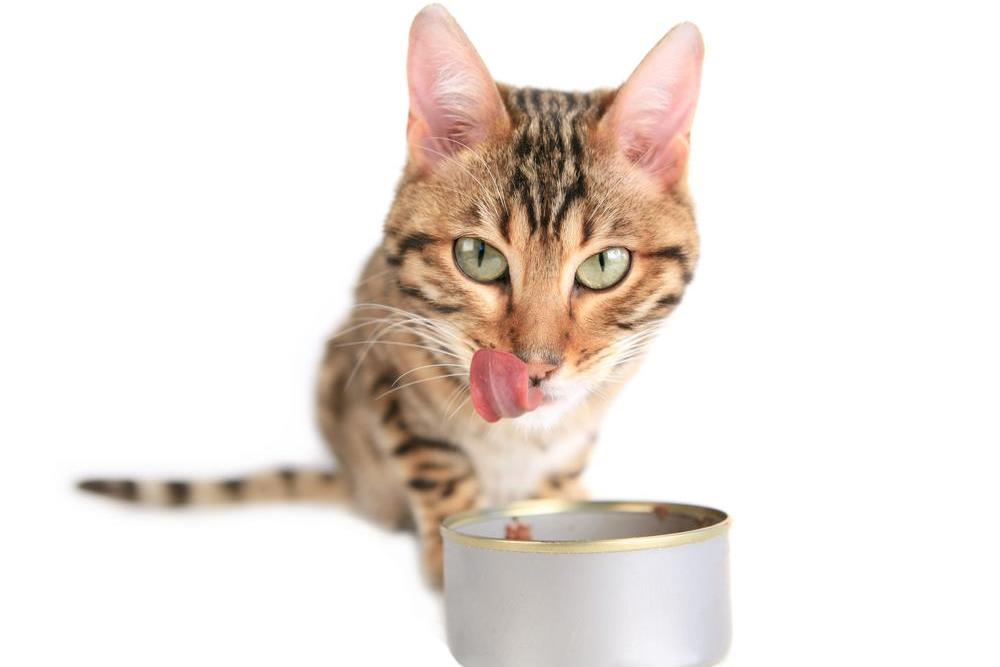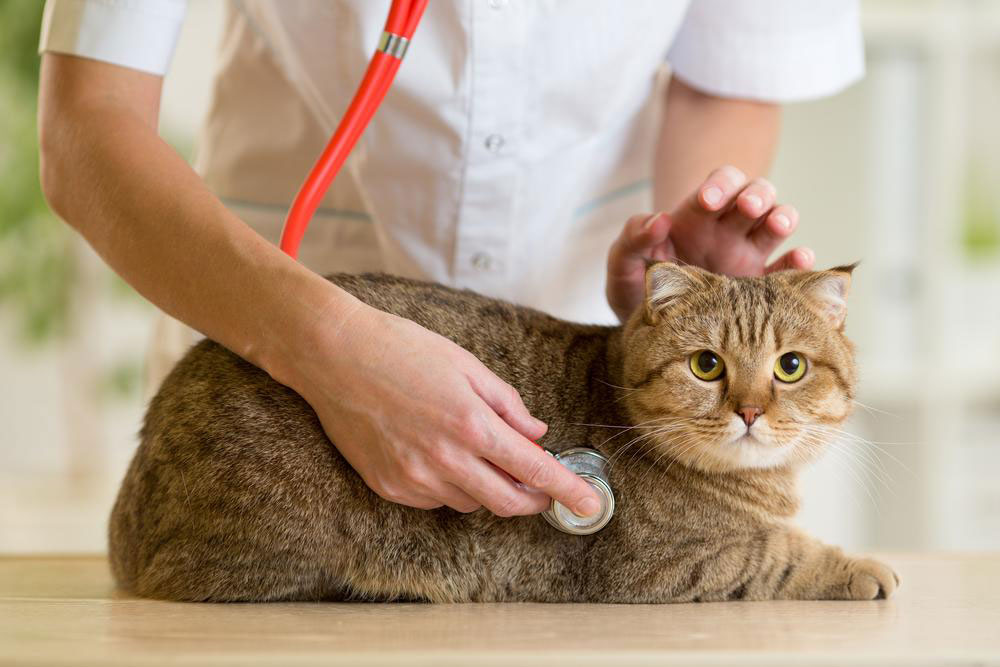Natural and Effective Ways to Prevent Fleas and Ticks in Pets
Explore comprehensive natural remedies for flea and tick prevention in pets. This article details herbal sprays, essential oils, and plant-based solutions to protect your cats and dogs safely. Learn how to create homemade repellents and incorporate natural herbs into your pet care routine for a healthier, pest-free environment. These eco-friendly methods are an excellent alternative to chemical treatments, ensuring your beloved animals are safe, relaxed, and protected from parasites while supporting overall pet wellness.

Natural and Effective Ways to Prevent Fleas and Ticks in Pets
Fleas and ticks are common parasites that pose serious health risks to pets, especially cats and dogs. These tiny pests can cause a range of health problems, from skin irritation and allergic reactions to more severe issues like anemia and the transmission of dangerous diseases such as Lyme disease, tapeworm infestation, and even plague in extreme cases. Protecting your beloved pets from these pests is essential for their health and well-being. While many commercial products contain harsh chemicals, there is a growing interest in natural, chemical-free remedies that are safe, eco-friendly, and effective. This article explores a variety of natural solutions—using herbs, essential oils, and plants—that can help keep fleas and ticks away from your pets and home environment. Whether you prefer homemade sprays, natural repellents, or planting certain herbs around your home, these methods can be incorporated into your routine for a healthier, pest-free lifestyle.
1. Rosemary – A Natural Pest Repellent
Rosemary, renowned for its aromatic, pine-like scent combined with hints of thyme, offers potent natural insect-repelling properties. Its strong fragrance makes it an effective barrier against fleas and ticks when used correctly. One way to utilize rosemary is by making a homemade spray: mix dried rosemary with water and use it on your pet’s coat or bedding. Alternatively, dilute rosemary essential oil—about 20 drops per half a cup of witch hazel or water—and spray this mixture around your home or directly onto your pet’s collar, which acts as a natural barrier. Placing sprigs of rosemary around your pet’s resting areas, such as their bed or favorite lounging spots, can further deter pests from settling in. However, it’s important to exercise caution with rosemary oil around cats, particularly those with epilepsy, as the oil could potentially exacerbate their condition. Always consult your veterinarian before introducing new herbs or oils into your pet’s environment.
2. Catnip – A Powerful Flea Repellent
Catnip (Nepeta cataria) is well known for its attractive scent to cats, but it also acts as a natural flea repellent. To keep fleas at bay, sprinkle dried catnip—about 1/4 cup—inside your pet’s favorite toys or bedding. You can also create a diluted catnip essential oil spray by blending a few drops of essential oil with a carrier oil such as coconut or olive oil. Applying this diluted oil to areas your pet frequently contacts can help repel fleas naturally. It’s worth noting that some products contain nepetalactone, which attracts cats—so use only pure, pet-safe formulations if applying directly to your pets or their environment. The scent of catnip masks the pheromones that attract fleas, helping prevent an infestation before it begins.
3. Chamomile – Gentle and Relaxing Pest Control
Chamomile is appreciated not only for its calming effects but also for its insect-repelling properties. Its gentle scent can help soothe stressed pets while deterring fleas and mites. You can add dried chamomile flowers to your pet’s bedding or diffuser chamomile essential oil nearby to create a calming, pest-free zone. This natural approach nourishes your pet’s skin and supports relaxation, which is especially beneficial during an infestation or after treatments. Chamomile’s soothing properties make it especially suitable for anxious or sensitive pets, ensuring their comfort and safety while keeping pesky insects away.
4. Fleawort (Plantain) – A Versatile Natural Remedy
Fleawort, also known as plantain (Plantago major), is a common plant with purple flowers that has been used traditionally for various skin ailments and parasite control. Its natural properties can be harnessed in several ways. Making a tea from dried fleawort leaves and flowers provides an internal remedy that can be added to your pet’s water (in moderation and after vet approval). Externally, diluted fleawort essential oil—mixed with a carrier oil—can be applied directly to your pet’s coat to help repel fleas. A simple mixture of one tablespoon of fleawort oil diluted with coconut or olive oil can be rubbed onto your pet’s fur at regular intervals. Additionally, dried fleawort can be crushed and brushed through your pet’s fur, creating a barrier that discourages fleas and ticks from settling. As always, consult your veterinarian before administering any herbal remedies to ensure they suit your pet’s specific health needs.
5. Lavender – Relaxing and Pest-Repelling
Lavender (Lavandula angustifolia) is one of the most renowned essential oils for its pest-repelling and calming effects. Its strong, pleasant scent deters fleas at all stages of their lifecycle while simultaneously reducing pet stress caused by infestations. You can apply a diluted lavender essential oil—about 5-10 drops per tablespoon of carrier oil—to your pet’s collar, or add dried lavender flowers to their bedding for a continuous natural scent barrier. Diffusing lavender oil around your home creates an environment that is less attractive to fleas and ticks. Lavender’s calming aroma can also ease your pet’s anxiety during tick or flea season, making it a holistic solution for both health and comfort. It’s critical to dilute the oil properly and monitor your pet for any adverse reactions, especially if they have sensitive skin.
Ultimately, natural remedies can be a safe, effective way to keep fleas and ticks away from your pets, minimizing reliance on chemical treatments. However, individual pets’ sensitivities vary, so always observe their reactions and consult your veterinarian if you notice any adverse effects or if pests persist. Combining these natural methods with good hygiene practices, regular grooming, and maintaining a clean environment will help ensure your pets stay healthy and pest-free. By adopting these eco-friendly strategies, you promote a safer and more sustainable way of caring for your furry friends while effectively managing parasite issues.





